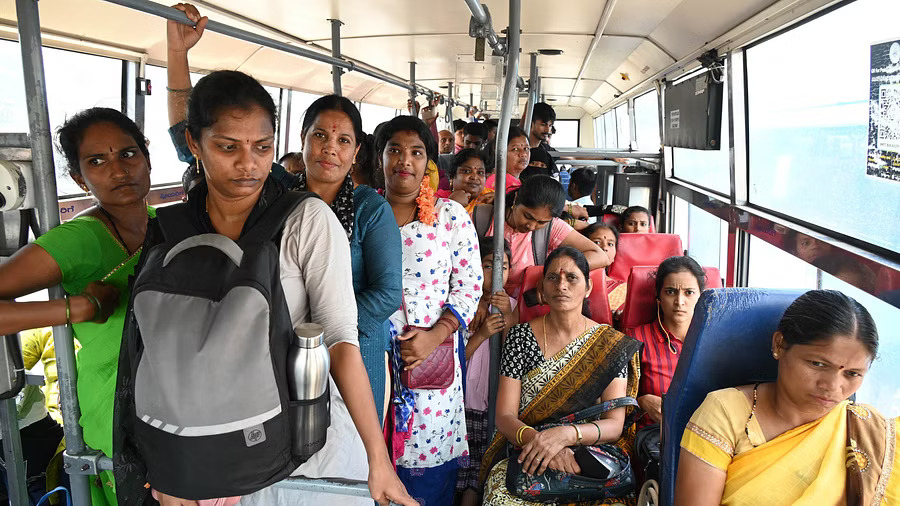A comprehensive report has called for the development of a gender-inclusive transport policy in Bengaluru, highlighting the need to address specific challenges faced by women and marginalized communities in the city’s transportation system. The report, which offers a critical analysis of current transportation infrastructure, has sparked discussions on creating safer and more accessible transit options for all residents.
Commissioned by a consortium of non-governmental organizations (NGOs) and advocacy groups, the report underscores the importance of considering the unique transportation needs of women, LGBTQ+ individuals, and other vulnerable populations. It identifies several areas where the current transportation system falls short of providing an inclusive and safe environment.
Key Findings of the Report:
- Safety Concerns: The report highlights that safety remains a paramount concern for women who use public transportation. Instances of harassment and violence in transit, particularly during late hours, have discouraged women from utilizing public transport systems.
- Last-Mile Connectivity: The lack of effective last-mile connectivity options, such as well-lit pathways and reliable transportation services near transit stops, poses challenges for women and other marginalized groups.
- Accessibility: Issues related to accessible infrastructure, including ramps, elevators, and designated spaces for differently-abled individuals, have been raised as areas requiring significant improvement.
- Information and Outreach: The report emphasizes the need for enhanced outreach and information dissemination about public transport options, schedules, and safety measures to ensure that all residents, including marginalized communities, can effectively utilize these services.
- Representation: Representation of women and marginalized communities in decision-making processes related to transport planning and policy development is considered crucial for addressing their unique needs.
The report calls for a multi-pronged approach to create a gender-inclusive transport policy in Bengaluru. This approach includes enhancing safety measures, improving last-mile connectivity, and investing in accessible infrastructure. Additionally, it emphasizes the importance of raising awareness and ensuring representation in decision-making processes to create a transportation system that is accessible and safe for all.
Transport authorities, civil society organizations, and government agencies are expected to collaborate in the development and implementation of policies that address these concerns. The report’s findings have ignited a renewed commitment to creating a more equitable and gender-inclusive public transport system in Bengaluru, reflecting the city’s aspirations for a safer and more accessible urban environment.










